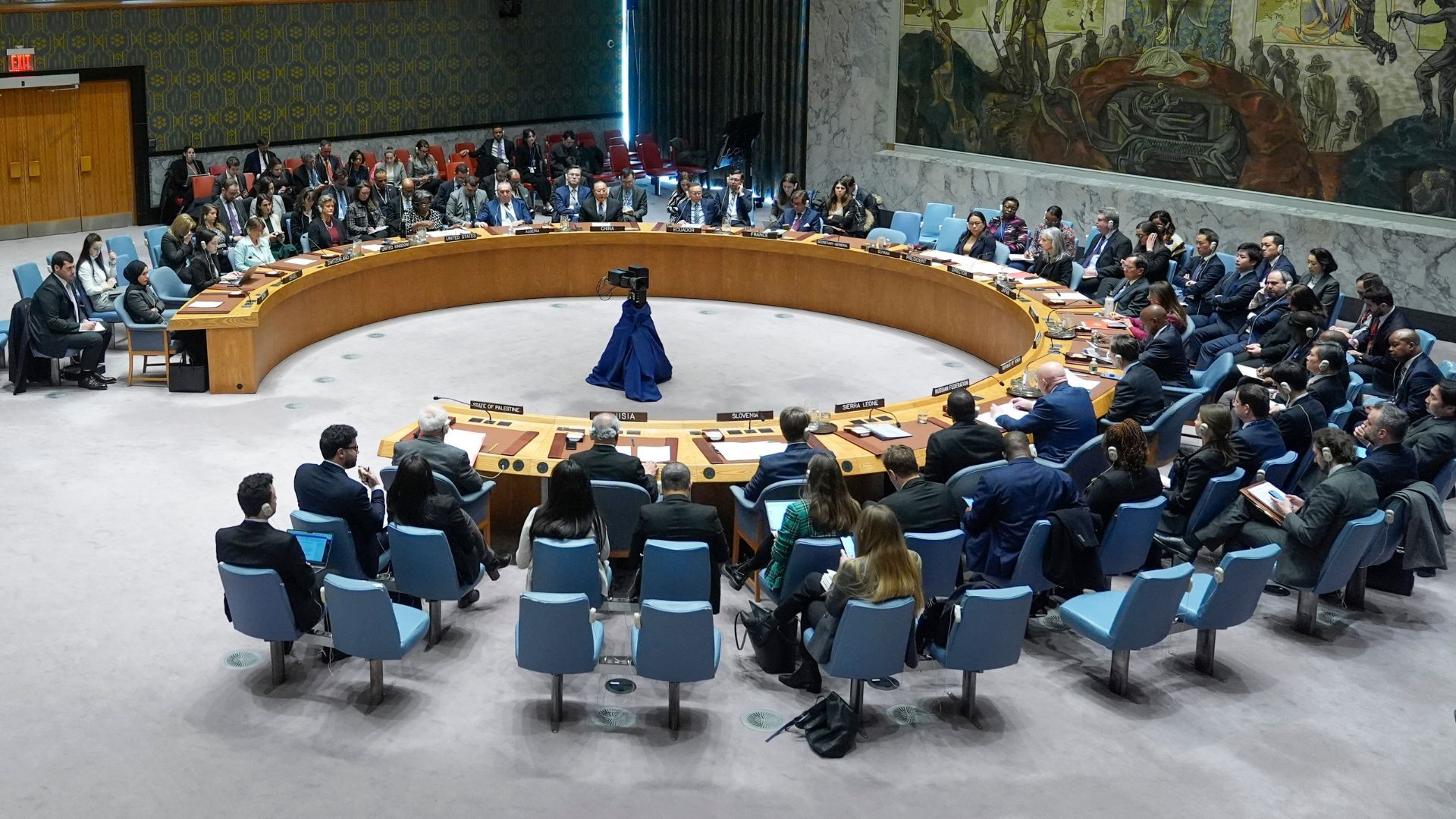In recent developments regarding the Israel-Hamas conflict, the United States has presented a draft resolution at the United Nations Security Council (UNSC) aiming for an immediate ceasefire in Gaza tied to the release of hostages. This move comes amidst US Secretary of State Antony Blinken’s Middle East tour.
Despite previous objections from Israel’s primary political and military supporter, the US, the new draft resolution emphasizes the urgency of a ceasefire, specifically highlighting the release of captives seized during previous attacks. Blinken reiterated this stance during his visit to Saudi Arabia, stressing the need to protect civilians and provide humanitarian aid.
The draft resolution, obtained by Al Jazeera, underscores the imperative of an immediate and sustained ceasefire to safeguard civilians, facilitate humanitarian assistance, and alleviate suffering. However, uncertainties remain regarding the resolution’s exact language and whether it will garner widespread support at the Security Council.
UN Security Council (Credits: Getty Images)
Notably, no vote has been scheduled for the proposed resolution, reflecting ongoing diplomatic deliberations. The US’s previous veto in February, alongside the United Kingdom’s abstention, underscores the challenges of achieving consensus among Security Council members, especially considering the need to avoid vetoes from permanent members.
The US ambassador to the UN, Linda Thomas-Greenfield, justified the previous veto by expressing concerns about potentially undermining ongoing talks aimed at brokering a ceasefire and securing the release of captives. Discussions for a truce deal have persisted, with Qatar playing a key role in facilitating negotiations between Israel and Hamas.
While talks continue in Qatar, concerns persist about the possibility of an Israeli ground operation in Gaza, which could derail progress towards a ceasefire agreement. Amid these uncertainties, Blinken’s ongoing tour aims to engage regional stakeholders and advance diplomatic efforts to de-escalate the conflict and address humanitarian concerns.
As Blinken proceeds with his Middle East tour, including meetings with key regional players in Saudi Arabia, Egypt, Qatar, Jordan, and Israel, the international community closely watches for developments in the efforts to achieve a lasting ceasefire and alleviate the humanitarian crisis in Gaza.
